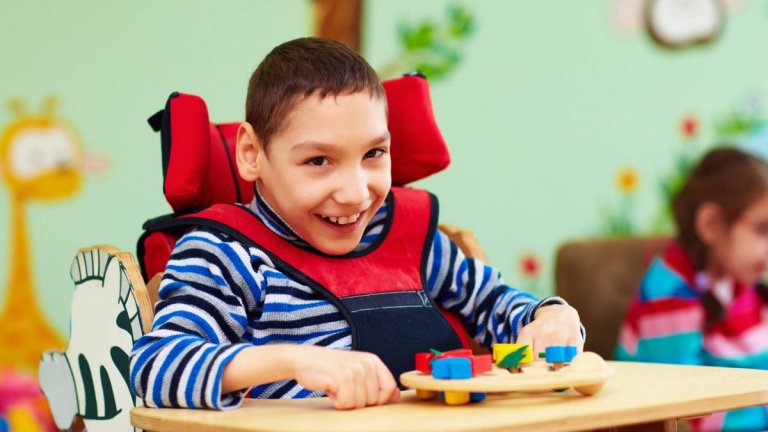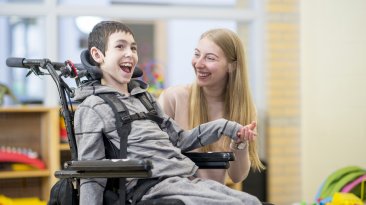The Individuals with Disabilities Education Act (IDEA) defines low-incidence disabilities as Section 1462(c): a visual or hearing impairment, or simultaneous visual and hearing impairments; a significant cognitive impairment; or any impairment for which a small number of personnel with...
Author - Daniel Rigney
![]()
Top 5 Tips for Remote Learning for Students with Complex Disabilities
Remote learning for students with complex disabilities might pose challenges beyond what other students might face. These students need more immersive sensory...
Classroom Setup During COVID: Setting Up an Outdoor Classroom Space
Holding class outside has always been popular with students. While being a classroom favorite, there is also evidence that it has learning benefits. Some research...
Reinforcement is a powerful evidence-based practice that helps students with autism and developmental disabilities. Reinforcement, or a positive consequence for a...
Token boards are an essential tool for managing challenging behaviors for students with autism or developmental disabilities. However, providing a token board for...
What is Morning Group for Students with Disabilities? (BONUS Webinar on adapting Morning Group to Online Learning Environments)
Morning group or morning meeting is a staple of classrooms with students with moderate to severe disabilities. It is a daily routine designed to orient them to place and...
Remote Learning for Life Skills Students: Setting up Your Online Environment
Providing remote learning opportunities to students with cognitive, sensory, and physical challenges can be a daunting task. Interactions that rely on physical proximity...
Providing remote learning opportunities to students with cognitive, sensory and physical challenges can be a daunting task. Interactions that rely on physical proximity...
3 Things to Do When Your New Student Has Multiple and Complex Disabilities
Special Education Teachers work with students with a wide range of abilities. Sometimes teachers get a new student with multiple and complex disabilities. Often, that...









